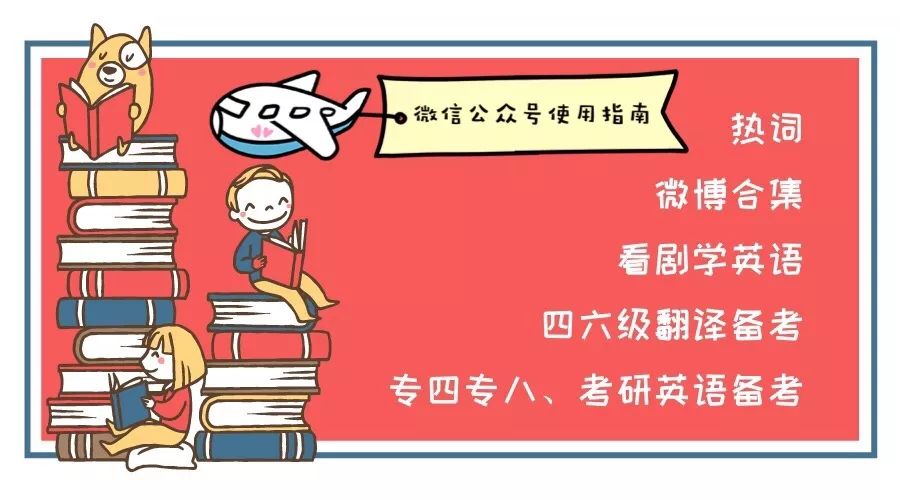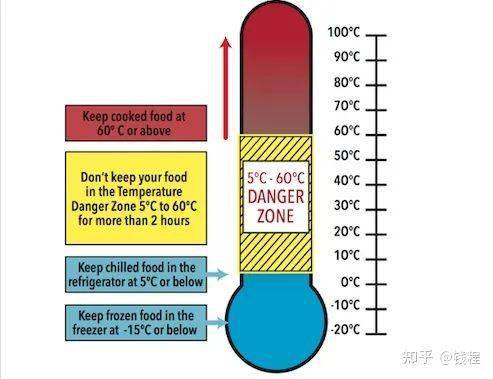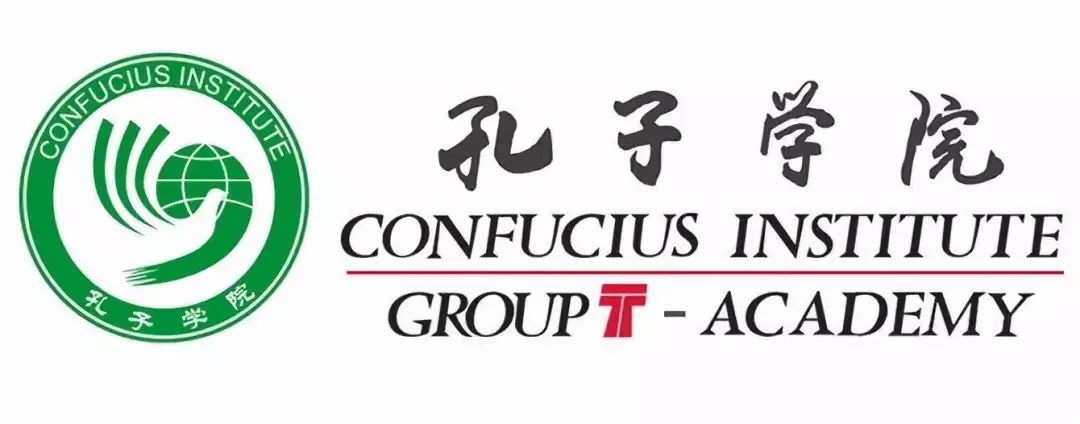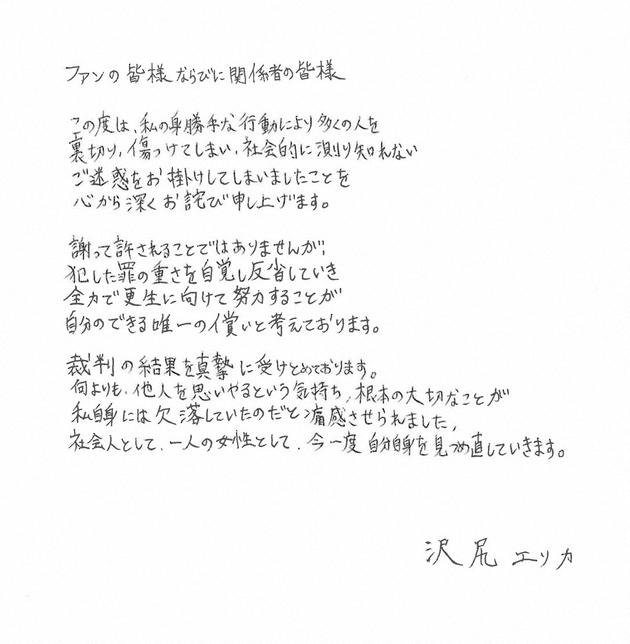

21
after, afterwards, later
(1) ①after与before, until, as soon as, when(在某些情况下)和if(在某些情况下) 一样,引导的句子中不能用将来时,而用现在时表示将来的意义。
I'll phone you (up) after I arrive/have arrived.
②after通常不作副词用,而代之以afterwards, (and) then, and after that。
I'm going to do my homework first; afterwards/and then, I'm going to do some washing. 我打算先做作业,然后洗衣服。
(2) ①afterwards(美式英语中亦用作afterward),意思是“后来,在这/那以后”,用作副词,不能用作连接词。
He said to me afterwards, “Thank you for coming.”
后来他对我说:“感谢你的到来。”
I'd rather you knew that now, than afterwards.
我宁愿你现在就知道那件事,而不是在这以后。
②afterwards有时指以后的整个时间。
They lived happily together ever afterwards.
以后他们一直幸福地生活在一起。
③afterwards 可与另一个表示时间的词或短语连用。
And two days afterwards (later) he left his home for the United States.
两天之后,他离家去了美国。
I went to send the fax immediately afterwards.
之后我马上去发了传真。
(3) later常指具体的时间之后,往往以过去的(有时是现在的) 时间或事件为基准。
I'll call on you a few days later. 几天后我将拜访您。
I saw him on Monday and he left for Japan two days after. (较常用later)
我是星期一见到他的,两天之后他动身去了日本。
22
age, years, old, etc.
(1) 问某人年龄多大,通常说“How old are you?”除了在正式英语中,“What is your age?”不是很常用。
(2) 表示年龄,可以只说数字,或者数字+“years old”。
He's thirty-five (years old).他35岁了。
At the time she was but a girl of not more than ten/a girl ten years old/a ten-year-old girl/a girl half your age.
当时她不过是个不超过10岁的女孩/10岁的女孩/只有你一半大的女孩。
(3) 此外,表示年龄还有一些说法。
He's a boy aged ten.他是一个10岁的男孩。
He's a gentleman of about sixty years. 他是一个大约60岁的绅士。
He's twenty years of age.(of age 是书面语,口语用old) 他20岁了。
Their ages are 4, 7 and 9. 他们的年龄分别是4岁、7岁和9岁。
Fred died peacefully in his sleep at age 81.
弗雷德在睡眠中安然去世,享年81岁。
At what age do children start school in your country?
在你们国家孩子们几岁入学?
Children usually begin school at the age of seven/at seven years of age.
孩子们通常7岁开始上学。
When I was (of) your age, I began earning money to help support the family. 当我像你这么大时,就开始挣钱养家糊口了。
I have a son (of) your age/a son the same age as you.
They two are (of) the same age./They two are (of) an age.他们两个同岁。
She ought to be earning her own living at her age.
在她这个年龄,她应该自食其力了。
He died in the sixty-seventh year of his age. 他67岁时去世。
【注意】此处,of one's age 是某人活到的年龄,前面有一个说明年龄的序数词。这是非常正式的用法(如在纪念碑、讣告中),平常只说“in his sixty-seventh year”。
He won't be called up for military service; he is over age/he's passed a certain age or age limit.他不会被征服兵役,他已超龄/他已超出一定年龄或年龄界限。
He found he couldn't enter for the scholarship, as he was over age.
他发现自己不能报名参加奖学金考试,因为他已超龄。
He's very healthy for (a man of) his age/his years.
对于他这个年龄来说,他算是很健康了。
I'm your junior in years, but very much your senior in service.
我年龄比你小,可工龄却比你长得多。
I'm junior/senior to him (by two years). 我比他年龄小/大 (两岁)。
I'm his junior/senior by two years./I'm two years junior/senior to him./I'm two years his junior/senior. 我比他年龄小/大两岁。
I'm your senior in years, but academically, you are senior to me.
论年龄我比你大,论学业你却高于我。
Three days before Christmas 1983, she moved into an apartment she could barely afford, where she and her sons, then three and four, could start over. 就在1983年圣诞节前三天,她搬进了一所几乎住不起的公寓,在那里她和两个儿子,一个三岁,一个四岁,可以一切从头开始。
She leads the normal life of a child about to turn 10. 她过着一个快到10岁的孩子所过的正常生活。
(4) 此外,还有一些说法。
be of (full) age 成年
come of age 成年
a person of (full) age 成年人attain full age 到达成年
be over age 超龄
under/over the age of ten 不到/超过10岁
under age 低于规定的最小年龄或未成年
a person who is getting on in years/who is advanced in years 上年纪的人
be in the prime of life/be in one's prime/be at life's flowering 风华正茂,年富力强
He won't be called up for military service this year, for he is under age.
今年他不会被征召服兵役,因为他还不到年龄。
【英汉互译系列课程推荐】声控福利 | 学霸带你攻克译事三难“信达雅”!
「基础」英汉互译精讲
「提升」英汉互译进阶
23
ago, before
(1) 作为副词,ago通常用于过去时,before可以用于过去时,也可用于现在完成时。
He started working for that company five years ago.
他五年前开始为那家公司工作。
Apparently he and Robert were on better terms than/ever before.
很显然,他和罗伯特比以往关系好/任何时候关系都好。
Have you ever been in this part of the country before?
以前你曾到过这个国家的这个地方吗?
(2) 当参照点为“现在”时,用ago,意为“现在以前”(before now);当参照点为“过去”时,用before,意为“在那之前” (before then),“更早些”(earlier)。
He left there for home three days ago. 三天前,他离开那里回家了。
Last summer I finally left the firm that I had joined eighteen years before.
去年夏天,我终于离开了我18年前加入的那家公司。
(3) before可以单独使用,常和完成时或never连用;也可置于时间之后,常和过去完成时连用。
I've (never) been in your neighborhood before.
我以前从未到过你们这地方。
I had not been home for five days since the Wednesday before.
从上一个星期三算起,我已五天没有回家了。
He called on me, but I had left for Qingdao a week before.
他来拜访我,但我一周前已动身去了青岛。
24
agree, consent, assent, concur, go all the way with
(1) ①agree一般为不及物动词,接宾语时须用介词。
I'm sorry to say that I don't quite agree with you.
我很遗憾地说,我不十分同意你的意见。
②agree后接什么介词,要视其意思和上下文而定。接表示建议、安排、条件、事项等时,用to。
Mr. Smith wouldn't agree to his daughter marrying that foreign businessman. 史密斯先生不同意女儿嫁给那个外国商人。
③在接人、意见、主意、某人所说的话、一种(对事物或人的) 分析、一种解释等时,一般使用介词with。
I don't agree with a single word that you have said.
你所讲的,我一个字也不同意。
④agree with 以食物、气候等为主语时,表示食物或气候等对某人的健康或身体是否适当、有无影响。
The damp climate doesn't quite agree with me. 这潮湿的气候不太适合我。
⑤agree with 还可表示“与……相一致/相符/相协调”,以事物为主语。
His version/explanation of the accident did not agree with that of the other witnesses. 他对这场事故的说法/解释与其他证人的不相符。
⑥agree还可接upon/on,表示“就……取得一致意见,在……上意见一致”;接about,表示“对……取得一致意见或看法”;接in,表示“在……方面赞同/意见一致”。
They reviewed the work done so far and agreed on the program for the immediate future. 他们回顾了以往的工作并就最近的计划达成了一致意见。
We agreed on the whole in liking/disliking that fellow.
总的说来,我们在喜欢/不喜欢那个家伙这一点上是一致的。
⑦主语为人的复数时,agree可以用被动形式,这时比较正式。
The committee are agreed that it would be a mistake to spend any more money on the project. 委员会一致认为,在这项工程上再花费钱是错误的。
⑧主语为事物时,agree也可用被动式,表示“……是大家都同意的”。
It's agreed that we all stand by the chairman in this matter.
我们全都支持主席,在这件事上大家一致同意。
⑨agree还可接不定式或从句。
Would you agree to collaborate with me in compiling the big book of folklore? 你同意与我合作编写这本大部头的民间传说故事吗?
(2) consent是不及物动词,意为“同意,允准”,常接不定式或与介词to连用。
Do you consent to be assistant editor? 你同意做助理编辑吗?
(3) assent意为“同意”,也是不及物动词,与介词to连用,多用于书面,可与consent to换用。
Her father will never assent to her going abroad alone for a holiday.
她的父亲决不会同意她一个人去国外度假。
(4) ①concur意思是“一致,同意”,为不及物动词,后面接人时,与介词with连用;在某个问题上一致,用on;在某个方面一致,用介词in。
I concurred with him in his belief that pop music is for the most part vulgar in words and low in art.
我跟他看法一致,认为流行音乐大多歌词庸俗,艺术格调不高。
②concur还作“同时发生,凑在一起(产生某种情况)”解,以物为主语,这时后接不定式表示结果。
Everything concurred to influence him to leave his country.
各种事情凑在一起促使他离开他的国家。
As a matter of fact, happiness and love do not always concur.
事实上,幸福和爱情并非总是一起发生。
(5) go all the way with表示“完全同意”,常用于口语中。
Much of what you say I agree with, but I can't go all the way with you.
你讲的很多我都同意,但我不能完全同意你讲的一切。
25
aim to do, aim at doing
美式英语用aim to do,英式英语用aim at doing,除表示“目的在于……”以外,还有“希望做某事(hope to do sth.);试图做某事(try to do sth.)”的含义。
I aim to finish this work by the end of this year. (美)
我希望今年年底完成这项工作。
I aim at building a reservoir in the valley. (英)
我希望在这个山谷建一座水库。
I aim to be friendly.(美) 我试图表示友好。
I aim at being friendly.(英) 我试图表示友好。
点击图片或者文末阅读原文了解详情
点击文末「阅读原文」获取往期内容合集


人生能有几回博
此时不博何时博



















